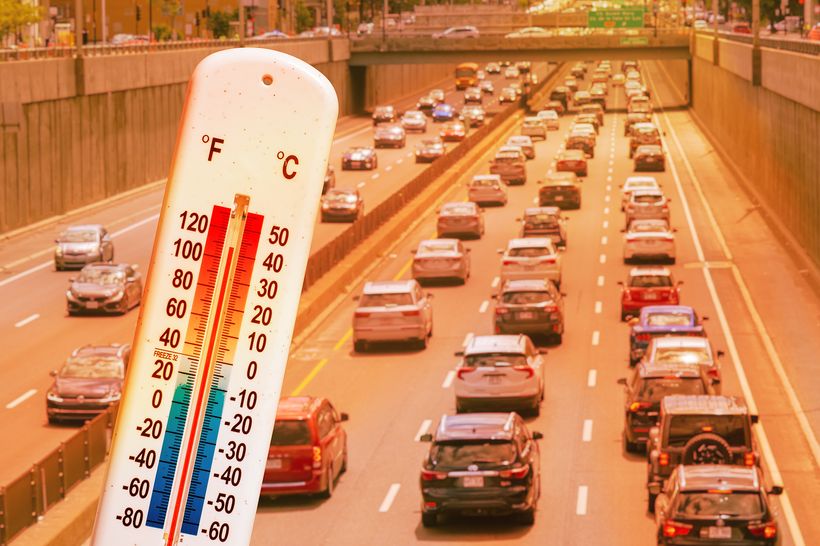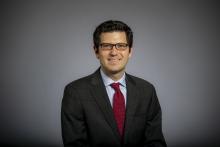Will Texas’ energy grid continue to function in the face of extreme weather?
Assistant Professor, Department of Political Science | The David and Jane Flowerree Assistant Professor of Public Policy and Environmental Studies
Joshua Basseches is an expert in energy and climate politics and policymaking, especially in the U.S. states.

As summer arrives, residents in Texas are especially feeling the heat with no end in sight.
Two consecutive days earlier this week, the state’s power grid set records with its highest-ever demand for a single day in June. On Tuesday, the Electric Reliability Council of Texas (ERCOT), which oversees the state’s power grid, asked residents to conserve electricity as temperatures climb late in the day.
Joshua Basseches, a climate change policy and politics expert at Tulane University's School of Liberal Arts, believes the call for electrical conservation in Texas could become the new normal unless ERCOT shores up an available power supply and builds sufficient transmission capacity to add more reliable sources of generation/storage.
“We see the Texas (ERCOT) grid under significant strain during extreme weather (whether hot or cold, like winter 2021). The question is how far things can bend before they break. ERCOT’s problems are exacerbated by the lack of a capacity market (which pays generators to be ready even when they aren’t needed) and by the lack of interconnection to other independent system operators due to Texans’ longstanding desire to be relatively independent of the purview of the Federal Energy Regulatory Commission (FERC). Both make Texas’ situation highly unusual. Most ISOs are in multiple states, which puts them under the jurisdiction of FERC and gives them more flexibility to meet unusually high levels of demand.”
According to Basseches, Texas is highly unusual regarding its electricity governance. This can be a positive in some ways, as it keeps prices relatively low in “normal” times and allows for robust competition from different generation technologies. However, during increasingly common periods of extreme weather, there are limitations to the Texas status quo.
“If supply is unable to meet demand, customers will experience rolling brownouts (partial loss of electricity) and blackouts (complete loss of electricity). We all hope this doesn’t happen, but we have already seen some outages. Regardless, we wouldn’t be seeing what we’re seeing if there weren’t some elevated levels of risk.”
For interviews, contact Roger Dunaway at roger@tulane.edu or 504-452-2906.
Assistant Professor, Department of Political Science | The David and Jane Flowerree Assistant Professor of Public Policy and Environmental Studies
Joshua Basseches is an expert in energy and climate politics and policymaking, especially in the U.S. states.


